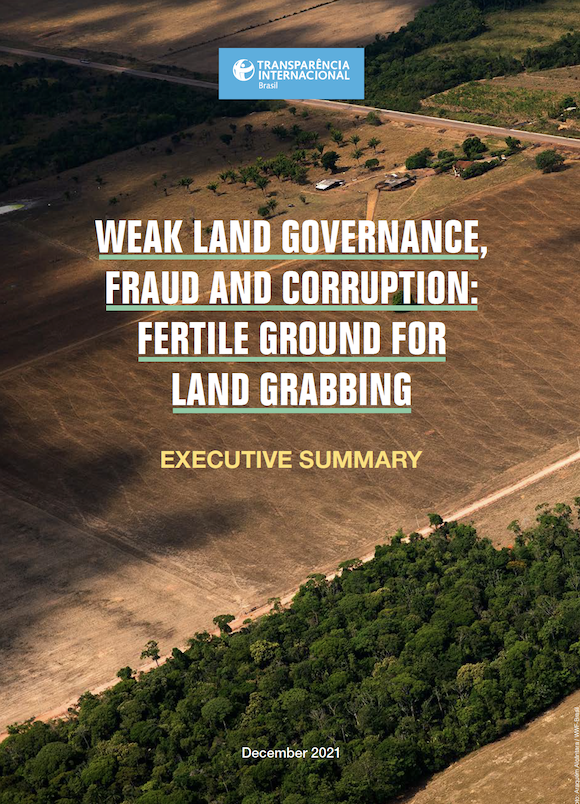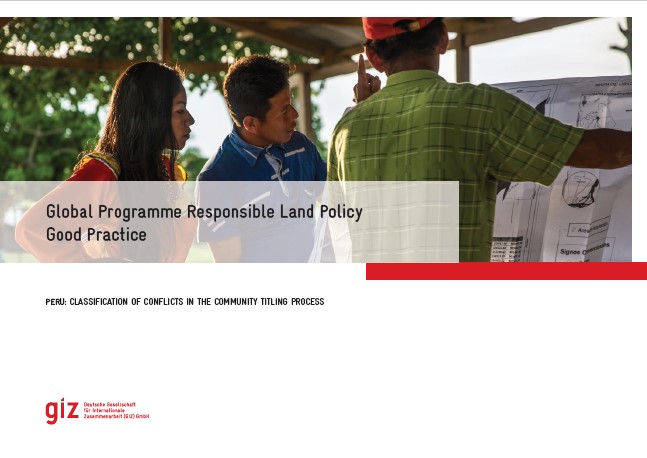National Land Coalitions And The Preservation Of Communities’ Ancestral Land Heritage In Africa
National Land Coalitions (NLCs) work towards the recognition, defence, protection and redistribution of land rights at national level. They build upon frameworks on land tenure developed and agreed by different regional and intergovernmental institutions. Platforms are at the heart of protecting and preserving community and customary lands which constitute the major category of landholding in Africa.





